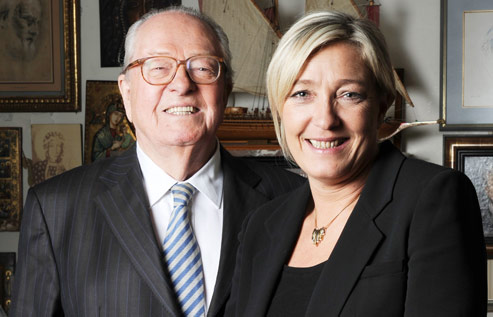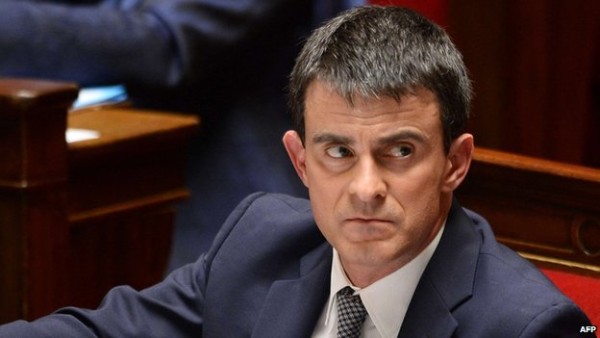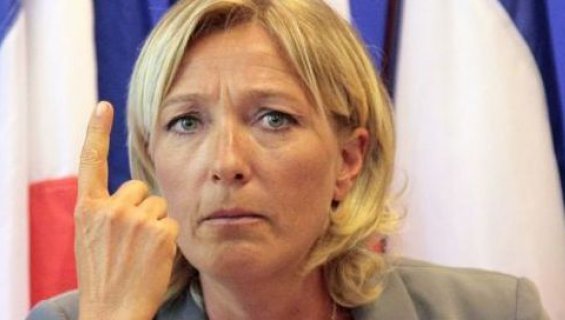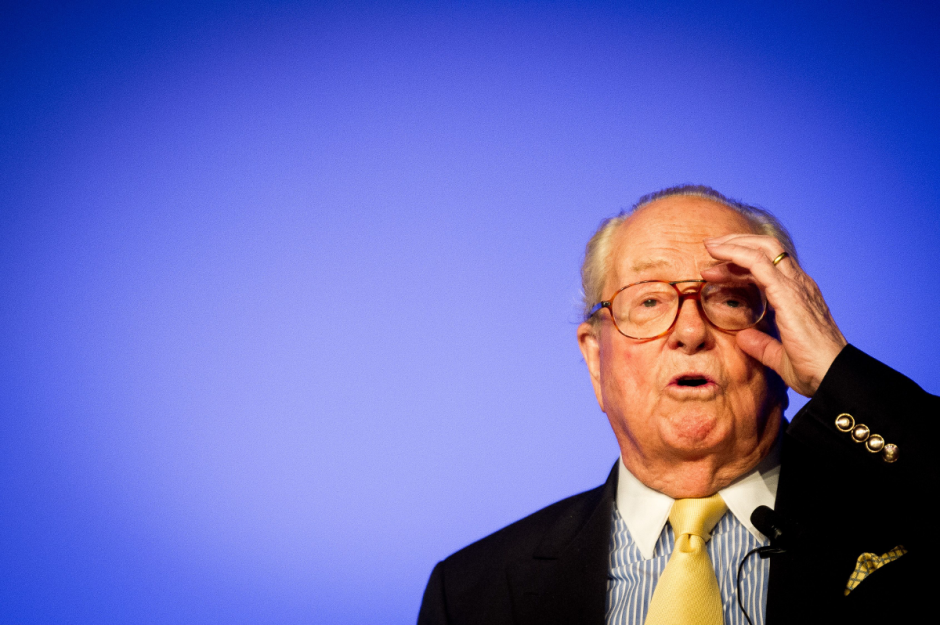Whatever you may think of her, Marine Le Pen certainly has the courage of her convictions. Last week, the leader of France’s far right National Front party officially distanced herself from her father, Jean Marie Le Pen, its founder and honorary chairman, in an astonishing parting of the ways.
Ms. Le Pen, who has been trying to broaden its appeal by disavowing its racist and antisemitic image, announced she would prevent Le Pen from running in forthcoming regional elections and disclosed she would convene a meeting of its executive bureau to discipline him.

“The National Front does not want to be held hostage to his crude provocation,” she said, underscoring the point that Le Pen has become a relic, a liability and an embarrassment.
“The split with Jean Marie Len Pen is now irrevocable and definitive,” declared Ms. Ms. Le Pen’s deputy, Florian Philippot.
Ms. Le Pen, who replaced her father as party leader in 2011 with a mandate to shake off its unsavory past, gave him a royal kick in the rear after he made a series of typically inflammatory comments.
Often accused of being a Holocaust denier, Le Pen reiterated his outrageous claim that the gas chambers in Nazi concentration camps were merely a “detail” in the history of World War II. Le Pen’s observation was indicative of his ignorance and his lack of respect for the victims of the Holocaust.
In keeping with his revisionist notions about one of the ugliest chapters in France’s history, Le Pen offered words of praise for Marshall Henri Philippe Petain, the collaborationist leader of the Vichy regime, which enacted harsh anti-Jewish laws and actively assisted Germany in the deportation of Jews to Nazi extermination camps in Poland.

And in an insulting slur which laid bare his xenophobic outlook, he described the Spanish-born prime minister of France, Manuel Valls, as “the immigrant” and wondered whether he could be considered a loyal Frenchman. Hitting back, Valls — a socialist who doubtless despises Le Pen — accused the National Front of espousing antisemitic, racist, anti-Muslim, homophobic and sexist views.
Ms. Le Pen had no alternative but to clip her father’s wing, presumably because she desires to bury some of the noxious policies of the National Front, which Le Pen formulated during nearly 40 years of leadership.
It surely took intestinal fortitude on the part of Ms. Le Pen to dump her father, who contested five presidential elections and once forced a run-off. She obviously understood that time was of essence. She had to act swiftly and forcefully to dispel the notion that she agreed with his ideas.
With a general election scheduled for 2017, Ms. Le Pen has her eyes on the presidency. But unless she sidelines Le Pen and converts the National Front into a more mainstream party, she has no chance of winning. The majority of French voters will not cast ballots for a politician who’s regarded as a reactionary.

The pugnacious Le Pen has rejected his daughter’s appeal to step down and fade away. He intends to fight disciplinary proceedings orchestrated against him by Ms. Le Pen, but has decided not to seek the party’s nomination in southeastern Province.
Le Pen’s resolve to fend off irrelevancy may yet cause deep and irreconcilable fissures within the National Front, but in the final analysis, Ms. Le Pen’s decision to distance herself from her father and his toxic legacy is probably a sound strategic move.
